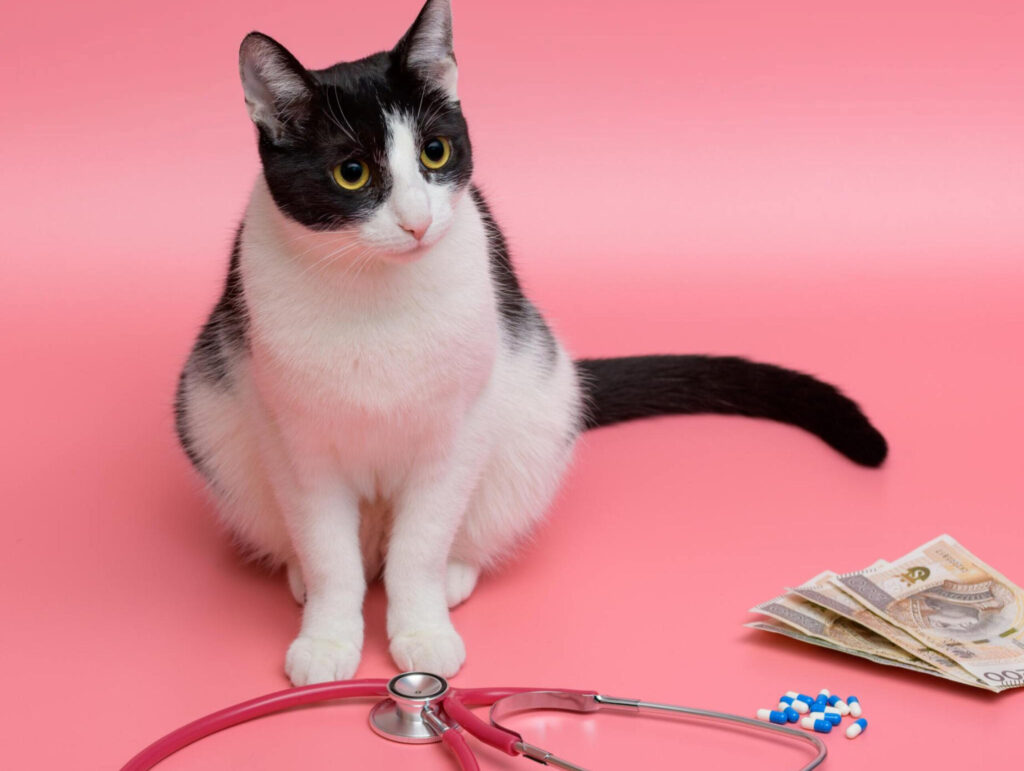Acute renal failure and chronic renal failure are significant health concerns among cats. These conditions can have severe implications for a cat’s health and longevity. It is crucial for cat owners to understand the symptoms and management strategies for renal failure to ensure their pets receive the necessary care and support.
The Importance of Kidneys in Cats:
The kidneys play a vital role in maintaining a cat’s overall health. They filter metabolic waste from the blood, regulate fluid balance, and produce essential hormones. When the kidneys malfunction, it can lead to a cascade of complications affecting other organs and systems within the body.
Acute Renal Failure: Causes and Treatment:
Acute renal failure can occur suddenly and is often triggered by factors such as toxin ingestion or blockages in the urinary tract. Prompt medical intervention is crucial for cats with acute renal failure to maximize the chances of recovery. While full recovery is possible with early detection and treatment, some cats may experience partial recovery and progress to chronic renal failure.

Chronic Renal Failure: Understanding the Long-Term Implications:
Chronic renal failure is a progressive and incurable condition that primarily affects older cats. It often develops as a result of underlying health issues such as dental disease or kidney inflammation. While chronic renal failure cannot be cured, early diagnosis and appropriate management can help improve a cat’s quality of life and longevity.
Treatment Approaches for Renal Failure:
Treatment for renal failure varies depending on the type and severity of the condition. In cases of acute renal failure, interventions may include surgical removal of blockages or intensive fluid therapy. For chronic renal failure, treatment focuses on dietary modifications, fluid administration, and medications to address secondary complications such as high blood pressure and anemia.
Dietary Considerations and Fluid Therapy:
Specialized diets formulated for cats with kidney problems can help manage the condition by reducing protein and phosphorus intake while providing essential nutrients. Additionally, fluid therapy plays a crucial role in supporting kidney function and preventing dehydration. Cat owners may learn to administer subcutaneous fluids at home under veterinary guidance.
Medications and Additional Support:
Cats with renal failure may require various medications to manage symptoms and improve overall well-being. These may include appetite stimulants, acid reducers, phosphate binders, and hypertension medications. Regular veterinary monitoring is essential to adjust treatment plans as needed and ensure optimal care.
Managing Renal Failure: A Lifelong Commitment:
While renal failure presents significant challenges, many cats with the condition can enjoy a good quality of life with proper management. With ongoing veterinary care, dietary adjustments, and supportive therapies, cat owners can help their pets thrive despite kidney disease.

Our Blogs: Explore More Resources:
Discover additional insights, tips, and advice on managing your pet’s health by exploring our blog. From dietary recommendations to lifestyle tips, our blog offers valuable resources to help you provide the best possible care for your furry companion. Stay informed and empowered as a pet owner with our informative articles and updates.
Sources:
- American Association of Feline Practitioners, “Feline Chronic Renal Disease.”
- Cornell University College of Veterinary Medicine, “Diagnosis: Kidney Disease.”



